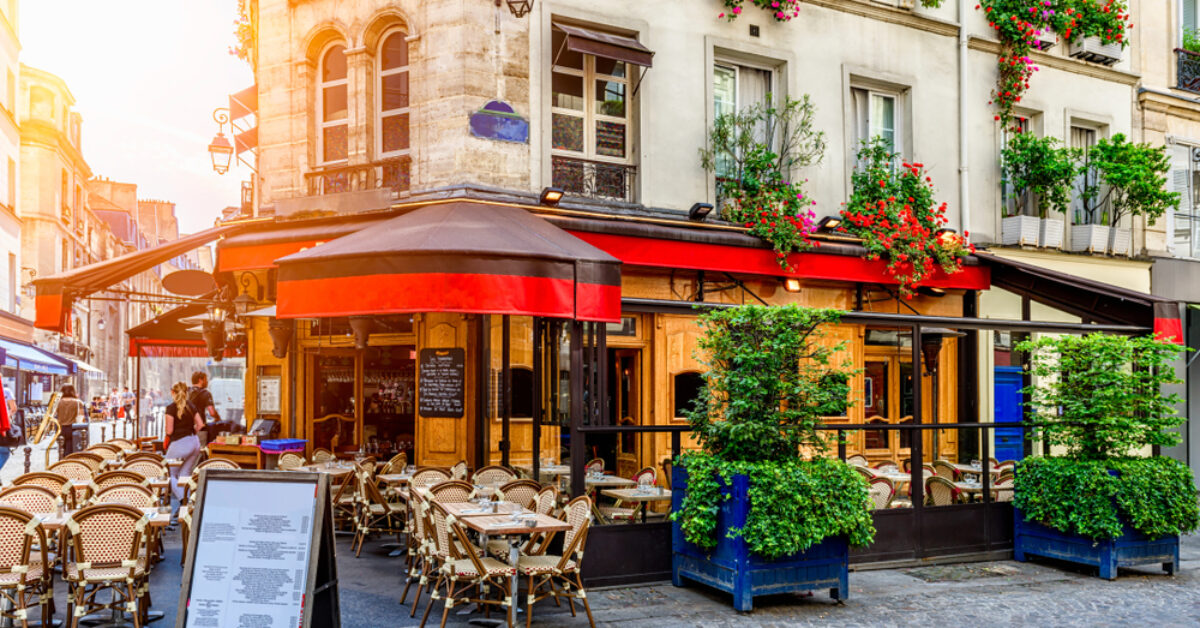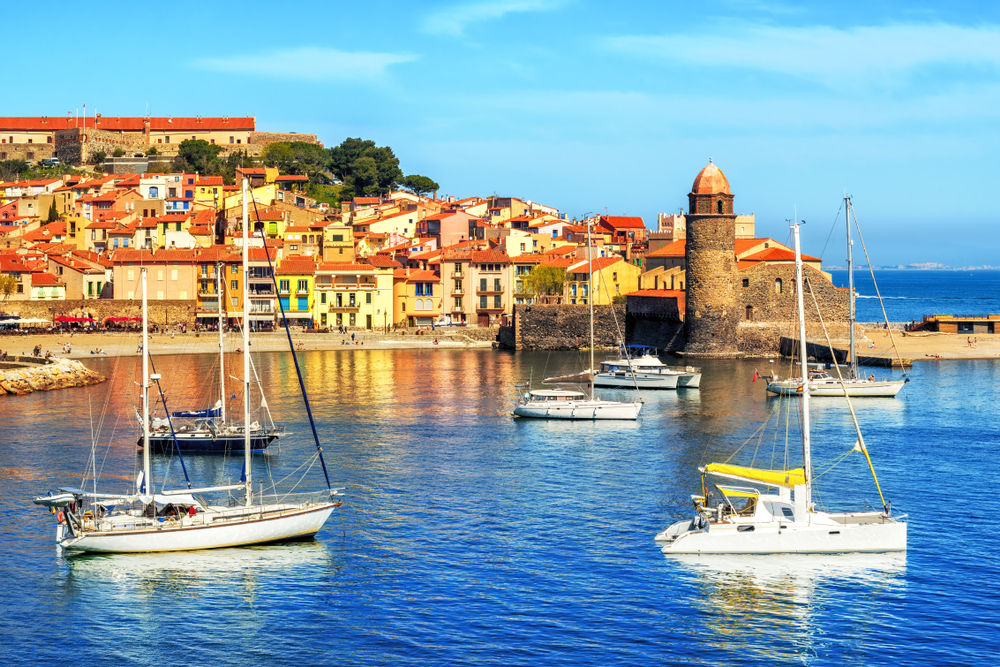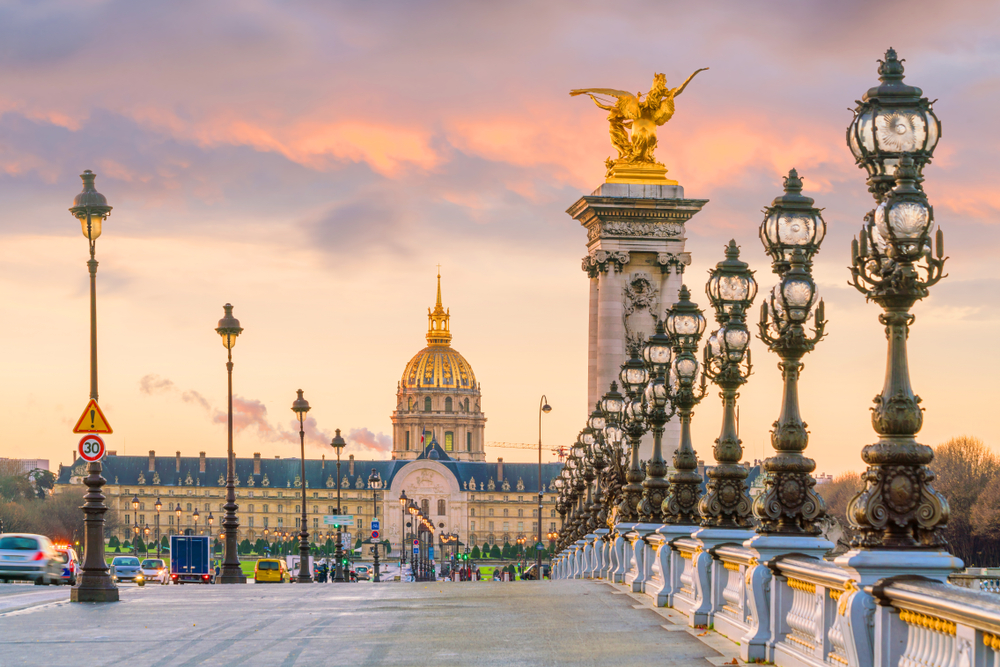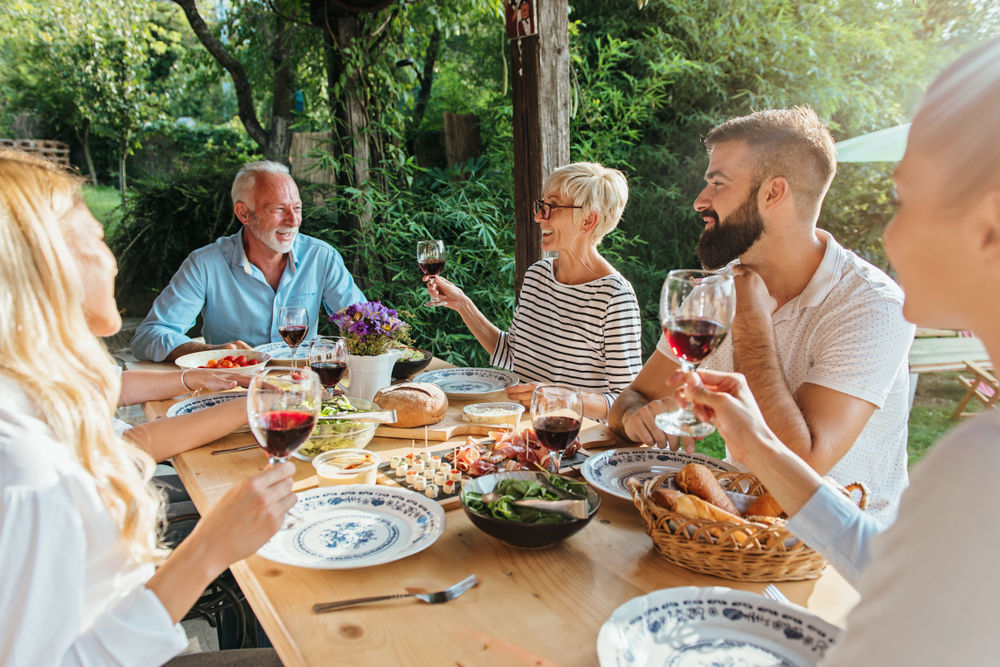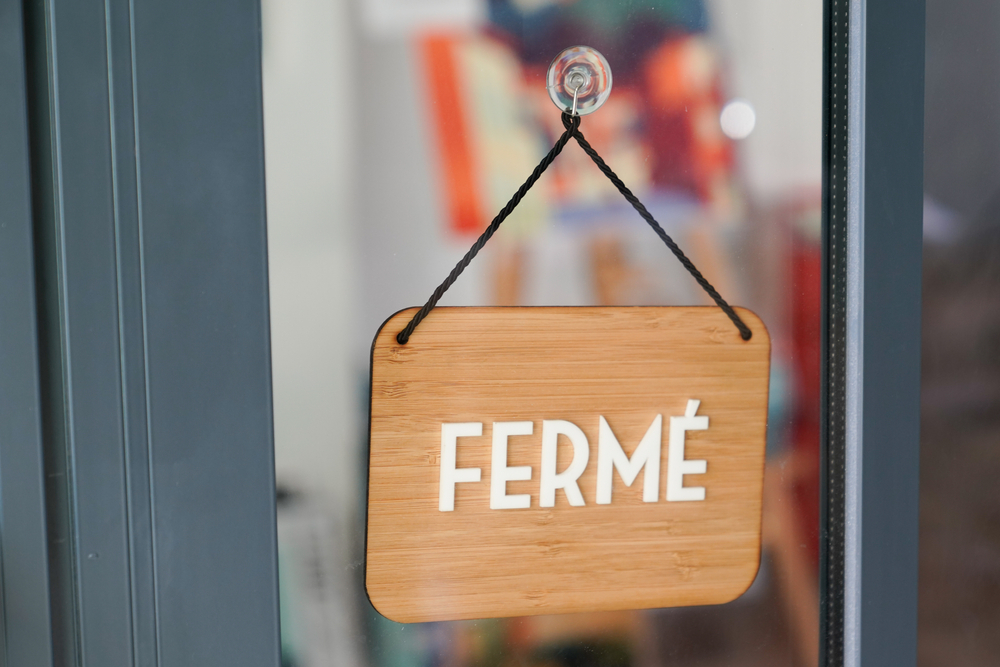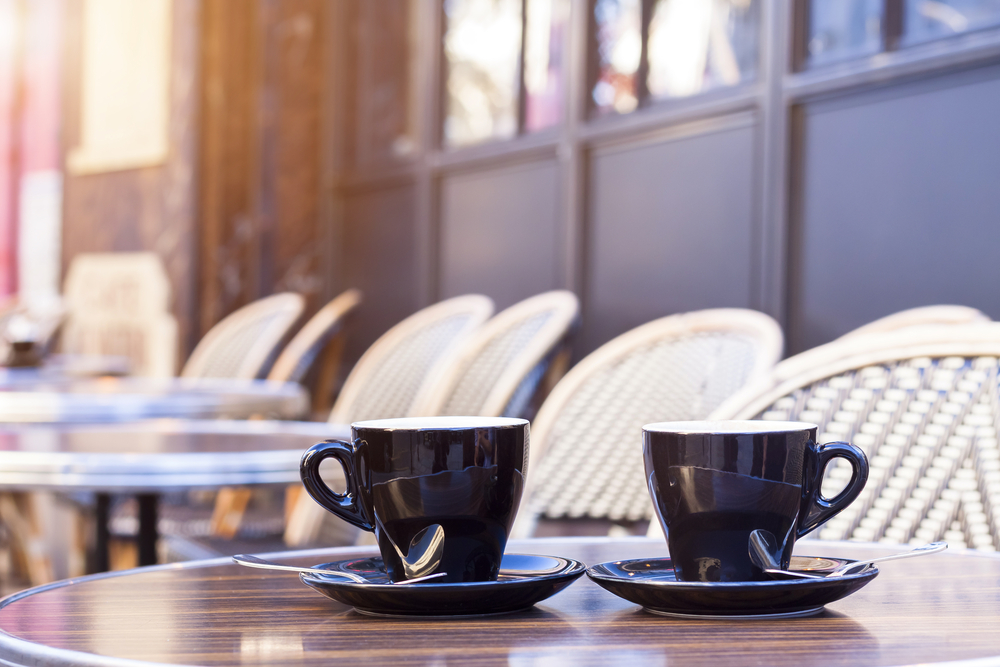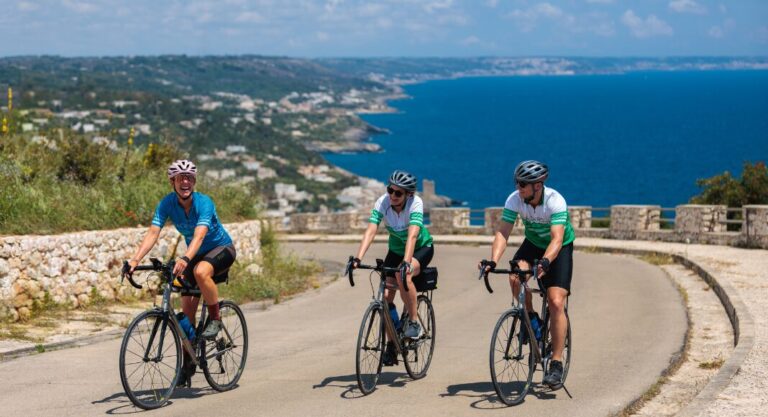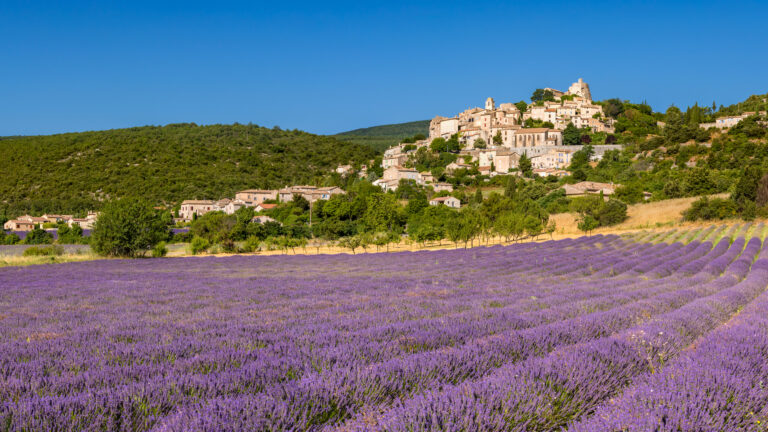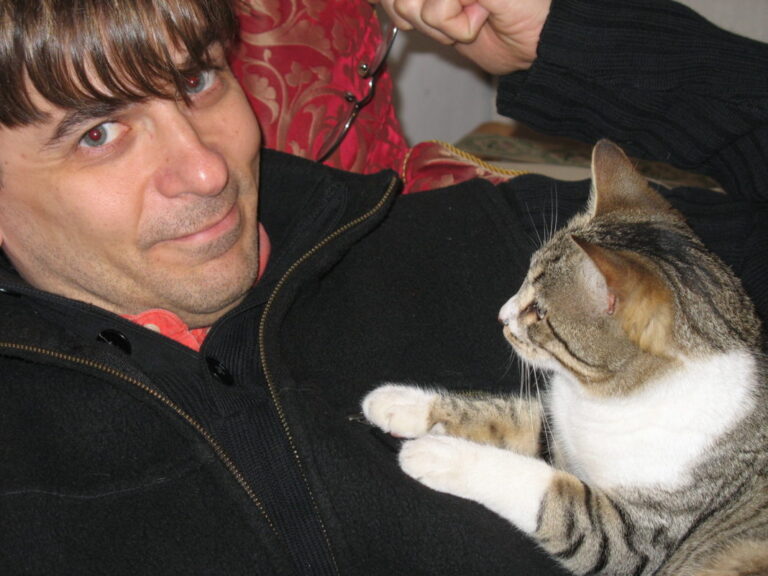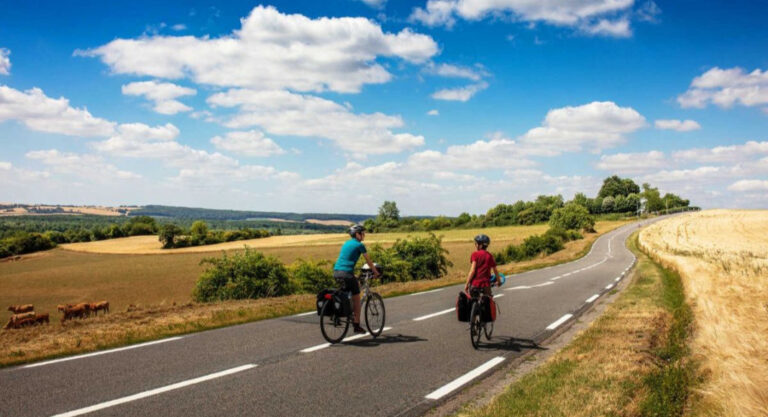People dream of moving to France, but what’s it really like? Can you make friends? How does it change you?
Frenchly staffers Karen Karbo, Catherine Rickman, Philip Ruskin and Caitlin Shetterly have all taken the plunge. Let’s meet them and learn how they experienced la belle France.
Caitlin spent a gap year in Paris before starting college in 1993. She went there because she was in love with France, and dreams of moving back permanently.
Catherine spent her freshman year in Paris as part of her college’s study abroad program, in 2013.
When Karen was a teenager, she visited France and thought, “One day I’ll live here!” In 2019 she and her husband moved to Collioure, a small coastal town near the Spanish border, making it their permanent home.
Philip was born in France to a French mother and an American father, and his wife is French. The two of them always knew they wanted to return, and in 2020 they pulled up stakes and moved permanently to Paris. As Philip says, “This is home now.”
How did you make friends in France?
Caitlin: I had a few French friends through family and I met other expats. My French friend group grew from friend to friend.
Catherine: I had a lot of friends from my program, but I also made plenty through the poetry open mic scene in Paris. I used to go to Spoken Word Paris at Au Chat Noir, where all the expat writers still hang out.
Karen: It was one of the unexpected advantages of the pandemic. About half of the homes on our street belong to permanent residents, and half are second homes owned by city-dwelling French folks who came to Collioure during the pandemic. We all bonded during the confinement and have become very good friends.
Philip: I already had some lifelong friends here and a few close cousins, and my wife has her extended family and longtime friends. That said, we’ve made new friends as well. While it may take longer for the French to open up and let you in as a friend, once they do, it isn’t fleeting, it’s pretty much for good.
How comfortable were you speaking French before you moved to France?
Caitlin: I loved French and was comfortable in both Spanish and French in as much as a young-ventriloquist-kind-of-girl can be!
Catherine: I had studied Spanish all through high school before moving to France, but luckily, I picked it up pretty quickly.
Karen: I spoke American public high school French, but I wasn’t afraid of sounding foolish, which is pretty much the key to learning to speak another language.
Philip: I was pretty comfortable speaking French, but actively participating in group conversations was challenging. While my French has improved, humor is still evasive. Few things land with a bigger thud than telling a joke or trying to inject humor and not having the words come to you (or worse, the wrong words come and make you sound like you’re in an absurdist play).
What surprised you about living in France?
Caitlin: When I was in Paris at age 18, I marveled that every day I would wake up and see some piece of art that I didn’t expect; that beauty would take my breath away day after day. On a door, on a building, in a fountain, in a park or garden, in a museum. Many years later, and with two children when we are in France, I feel the same way—that beauty makes life feel that much more joyful and connected to something important about being a human being.
Catherine: The tension I observed between Old World values and New World influence. People often stereotype the French, but in a lot of ways, they’re very similar to Americans. They want to have a cheeky late-night snack at MacDo and then go to a new art gallery in the morning. They have one of the top economies in the world while still taking long lunches at a café with wine. Both things can be true at the same time, and that’s where we get cultural nuance.
Karen: How long people can sit at meals. I KNEW the French enjoyed savoring their meals but I have literally spent entire Sundays going from one meal to the next.
Philip: How easy it’s been to feel at home. I thought the culture shock would be more challenging. I can’t see living anywhere else now. I also thought the grey rainy winter days would be oppressive, but I find a poetic beauty in the grey rainy days here which I never felt when I lived in New York City.
What’s the best part of living in France?
Caitlin: The culture is very family oriented and very accepting and relaxed.
Catherine: The quality of life is very high in France. Good food, healthcare, and education are all extremely affordable and accessible, and hustle culture is very much frowned upon. It’s just easier to live well there.
Karen: That women aren’t expected to smile all the time. That the culture is less consumeristic.
Philip: Besides the same things that make it the number one travel destination—food, beauty, art de vivre—I’d say being close to so many countries is a great advantage; a long weekend in Venice, a getaway to Vienna, skiing in the Alps, you feel like the world is at your fingertips.
I also love that Paris is such a bike-friendly city. And while French people go on about how hectic and stressful Paris is, but after living in New York, Paris is practically a calm retreat.
What’s the hardest part of living in France?
Caitlin: I can’t think of anything hard about living in France. To me, it’s the ideal.
Catherine: Adjusting to French schedules was definitely a challenge. Grocery stores closed on Sundays? Entire government offices shuttered in August? My 24/7 New York heart couldn’t fathom it.
Karen: Is it ridiculous to say that the hardest part is not having regular and easy access to excellent Mexican food (I’m from California)? And yet I’m saying it.
Philip: Coming from a getting-to-yes oriented culture, it takes some getting used to the French laid back sensibility. In France you’ll hear a certain amount of, “Ah, non, we can’t do that” sort of responses. The French can be very loose with the concept of time when it comes to things like when stuff will get repaired. So having a good deal of patience is a very useful attribute when you move here.
How has living in France changed you?
Caitlin: France and the French language are a part of my soul and heart and how I think and breathe.
Catherine: I think that living in France has taught me that everyone deserves to live well, and we shouldn’t have to kill ourselves in service of the grind just so that we can afford to pay our bills and have a nice dinner once in a while. I was raised in a very politically progressive household, but “socialism” was still kind of a dirty word where I grew up, and living in France has definitely pushed my political views towards more socialist policies like those in France.
Karen: I’ve become more relaxed about being on time, expressing strong opinions, and drinking my coffee black.
Philip: I think I’m a bit calmer than I was living in New York, and certainly more focused on taking in and appreciating what’s around me.
Keith Van Sickle splits his time between Provence and California. He is the author of the best-selling An Insider’s Guide to Provence and the best-sellers One Sip at a Time: Learning to Live in Provence and Are We French Yet? Read more at Life in Provence.

